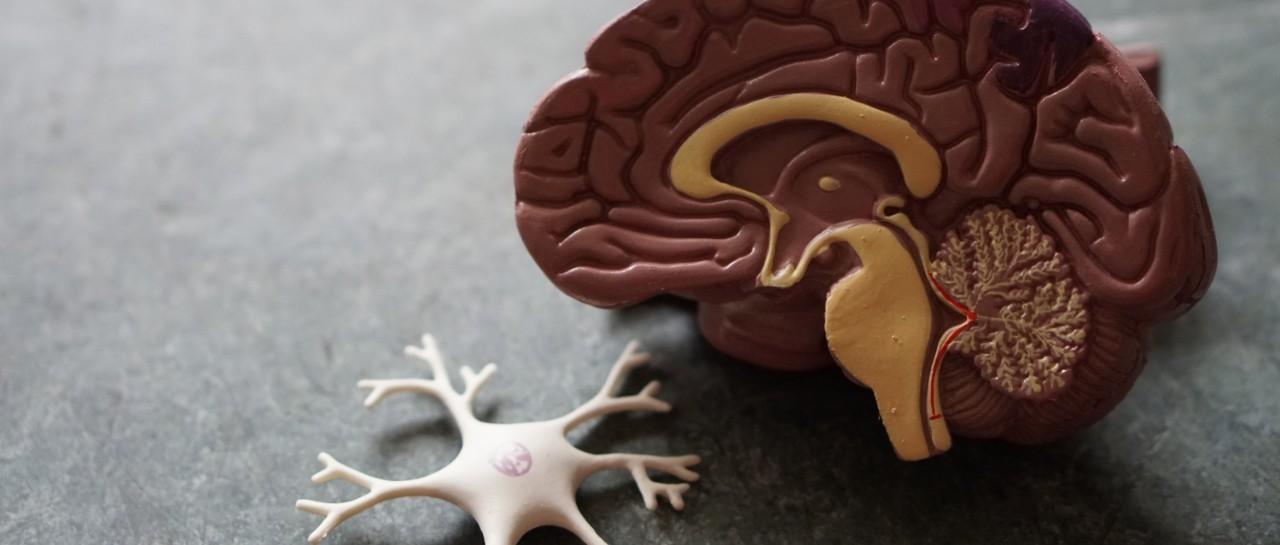
Early brain scans can predict MS prognosis
Peer reviewed by Natalie HealeyLast updated by Ashwin BhandariLast updated 25 Jul 2019
Meets Patient’s editorial guidelines
- DownloadDownload
- Share
- Language
- Discussion
Brain scans of people with early signs of multiple sclerosis can predict the long-term prognosis of the disease.
A 15-year study of people diagnosed with clinically isolated syndrome (CIS), an early indicator of potential multiple sclerosis (MS), suggests MRI technology can predict future disability.
Neurology experts at University College London followed 164 people over 15 years. They found the MRI scans taken when participants were first diagnosed displayed signs of future disease progression. Early spinal cord damage indicated people were much more likely to go on to develop the secondary progressive form of MS, which currently has no treatment.
The team also found an association between lesions seen in the brain at the time of CIS, and a person's physical and cognitive performance later in life.
Dr Wallace Brownlee, from the UCL Institute of Neurology, which carried out the research, said it showed that standard MRIs could help those newly diagnosed with MS make better-informed choices about treatment.
"The way we treat MS right now is we put people on treatment and consider escalating or trying a more intensive treatment if it's not working. But with this, we might be able to identify people at the beginning which might mean a more effective treatment at the outset."
Over 100,000 people live with MS in the UK, and one of the most difficult things about being diagnosed is the uncertainty of the condition. The course MS takes is highly variable with significant differences in terms of how quickly it progresses, how disabled a person may become and how cognitive performance is affected.
Dr Susan Kohlhaas, director of research at the MS Society, said: "For someone newly diagnosed, who gets a list of 14 treatments, who has no information about how their MS might develop, it's really complicated. By identifying key factors that appear very early on and indicate how someone's MS might develop, this study has proved crucial."
Patient picks for Limb weakness and numbness

Brain and nerves
How MS can affect mental health
More than 100,000 people in the UK are estimated to have multiple sclerosis, a lifelong condition which impacts the central nervous system, causing problems with mobility, vision, coordination and sensation. Although the symptoms are physical - such as fatigue, difficulty walking, blurred vision and problems with thinking, learning and planning - MS can have a serious impact on mental health too.
by Lydia Smith

Brain and nerves
Early brain scans can predict MS prognosis
Brain scans of people with early signs of multiple sclerosis can predict the long-term prognosis of the disease.
by Ashwin Bhandari
Continue reading below
Article history
The information on this page is peer reviewed by qualified clinicians.
25 Jul 2019 | Latest version

Ask, share, connect.
Browse discussions, ask questions, and share experiences across hundreds of health topics.

Feeling unwell?
Assess your symptoms online for free
Sign up to the Patient newsletter
Your weekly dose of clear, trustworthy health advice - written to help you feel informed, confident and in control.
By subscribing you accept our Privacy Policy. You can unsubscribe at any time. We never sell your data.